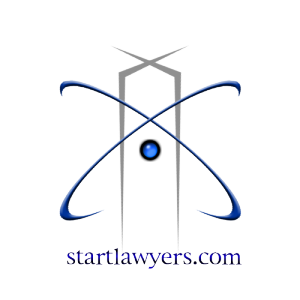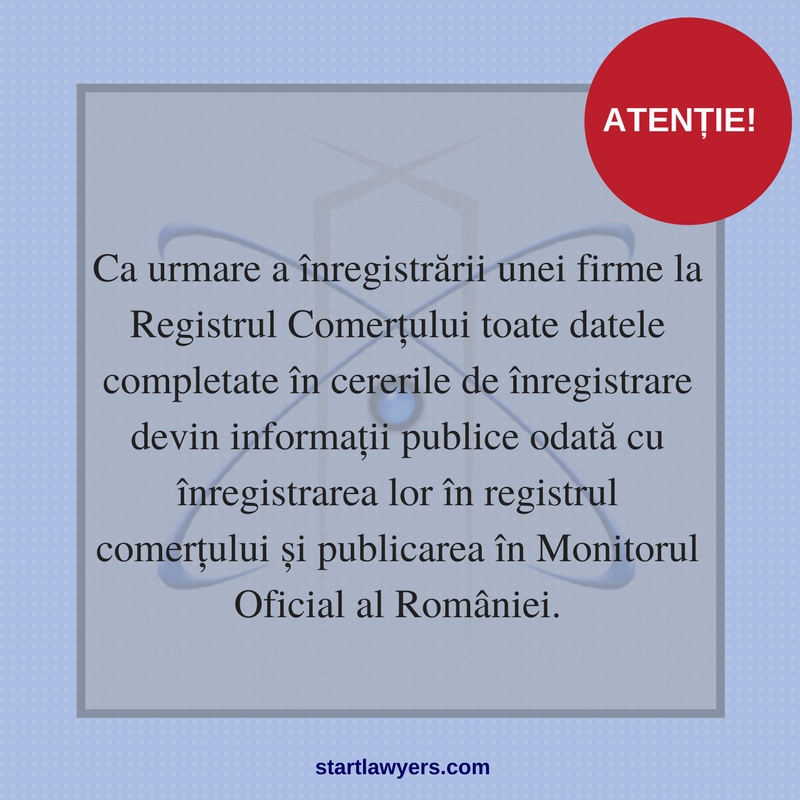On 7th and 8th of March, Start Lawyers team attended a very interesting workshop named “Business without corruption”, hosted by the Chamber of Commerce and Industry of Romania (CCIR), General Dynamics, General Dynamics European Land Systems – Mowag and TRACE International. The project was initiated in 2016 and is focused on U.S. best practices on anti-corruption tailored to the needs of Romanian companies.
As Romania is facing serious corruption problems, this workshop came at a very good moment with practical solutions for preventing and fighting against this phenomenon. It’s well known that corruption represents a serious setback on attracting foreign investments, setting-up international joint ventures or establishing partnerships with foreign companies and leads to unfair competition.
Corporate compliance program on anti-corruption
So, after a short presentation about the American Act against Foreign Corrupt Practices (FCPA) and its main provisions, the discussions were built around the corporate compliance program on anti-corruption that can and should be implemented by companies for developing a business without corruption, consisting of following elements:
- Top level commitment (referring to the message coming from the top, which must be clear and use effective communication channels)
- Risk assessments (approach that identifies high risk areas)
- Due diligence (collecting reasonable information for each category of third party for reviewing the type of that third party, services being performed, country of operation and amount and type of payment to determine risk level)
- Training and internal communications (includes periodic training for all employees, directors and offices on the company’s policies and procedures and applicable laws)
- Monitoring and review (include and use audit rights, regular reviews of due diligence and updates of compliance program)
- Documentation.
Every company should develop and implement an Anti-corruption Policy and a Code of Ethics/Conducts, both committing the company to a culture of compliance and to the anti-corruption standards in its business practices.
Also, the companies should have confidential reporting policies and procedures through which the employees and third parties are able to report misconduct or allegations of bribery and corruption.
Prevention by third party due diligence
The most sensitive element of the program seemed to be the third party due diligence that companies are encouraged to do, because of the reluctance of those third parties to this type of prevention. Since business inherently rely upon third parties to achieve a wide range of business objectives, the due diligence process is very important because it can build trust between the partners and cast away any doubt regarding the corruption problems that may occur. Due diligence should be applied consistently and be responsive to changes in structure, needs, laws and regulations. It may be performed internal, by compliance team or business team, or external, by law firms or due diligence providers.
Of course, the main challenge is to explain to that third parties why is this necessary or how this procedure is not questioning their integrity, but only brings business advantages.
Aligning to the standards
Although Romania is still behind U.S. regarding the corruption and the means to prevent it, we believe that soon more Romanian companies will align themselves with these standards and we encourage them to do so, as they need to make reliable partners for others and to develop a business without corruption.
Also, we hope that next time there will be more attendants to the workshop from the public sector, since they need to implement such measures too.
The Start Lawyers team is actively participating at events, seminars, conferences with topics related to areas of interest of our clients because we continuously seek to be updated with the latest information, so we can offer the best advises and constantly improve our knowledge.

